Tom Harley is one of the great-grandchildren of Australia’s second prime minister Alfred Deakin who wants the Point Lonsdale house moved into public hands. Picture: Jason Edwards
A great-grandson of Australia’s second prime minister Alfred Deakin still holds hope the federal government can acquire his historic Point Lonsdale holiday home before the family is forced to sell.
Tom Harley has been leading a campaign for the Commonwealth to acquire the 1.68ha Glaneuse Rd estate, Ballara, amid a dispute between 10 Deakin descendants who own a share in the over its future ownership.
The property was listed for sale last week after the public acquisition push missed a VCAT-set deadline before real estate agents were to be called in to sell it.
RELATED: Alfred Deakin’s Point Lonsdale home listed for sale
Gurner proposes luxury wellness spa, hotel for Geelong landmark
Classy rebuild rises from ashes of Winchelsea fire
Elders Geelong agent Peter Lindeman launched an expressions of interest campaign to sell Ballara, closing on December 9.
Mr Harley said there was still time for the Commonwealth to step in.
“I recognise it was inevitable. The current ownership structure was unsustainable with 10 different owners. The place deserves a better thing, public ownership would be my preference,” he said.
Mr Harley said the VCAT ruling have given the government had a window where it could acquire the property uncontested.
The desk and chair are some of the original items from Australia’s second prime minister Alfred Deakin that remain at his holiday home, Ballara. Picture: Jason Edwards
“Unfortunately, with the election and all that, that wasn’t able to be executed. But they’ve certainly had people down valuing it and examining it and so on,” he said.
“That means that they then become part of this expressions of interest process.
“It’s certainly my hope that they participate in that and save the day.”
The house was designed and built during Deakin’s second term as prime minister in 1907 and became an important retreat where he would read, write and develop political ideas.
It retains original furnishings, artworks, and photographs remain as they were left, preserving the very essence of Deakin himself, Mr Lindeman said.
His wife Pattie designed the native gardens, which were unusual for the time, and established the Point Lonsdale War Memorial on the property, which has been passed down through descendants.
Ballara, the home of Australia’s second Prime Minister, Alfred Deakin, at 57-73 Glaneuse Rd, Point Lonsdale, has been listed for sale.
If the Commonwealth doesn’t acquire the property, family members were pinning their hopes on future owners deciding to protect it by establishing a Trust for Nature covenant.
Although the house is heritage-listed, there are fears developers could still slice up the property, the largest original block in the Bellarine Peninsula town.
The native garden holds she-oaks, grass trees, moonahs and tea trees shelter heaths and rare orchids and is described as a precious remnant of Bellarine heathland.
Mr Harley said a Trust for Nature covenant would not only secure the property in its entirety, but would mean any new owner would be exempt from paying land tax to the state government.
Mr Harley said $4m has been raised in pledges from locals, family members, the Borough of Queenscliffe, philanthropic supporters, with the understanding of a matched commitment from the Commonwealth needed to secure the property for community use.
Ballara is the biggest private property within Point Lonsdale’s town boundaries..
Mr Harley said agreement has been secured with Deakin University to manage Ballara for the community, while family will also establish a $500,000 trust to support future upkeep.
Leading former politicians and historians penned a letter to Arts Minister Tony Burke urging the Commonwealth consider contributing to the acquisition of Ballara from the Deakin family.
Signatories to the letter included former Victorian premier Steve Bracks, former Labor minister Barry Jones, ex-foreign minister Julie Bishop, former prime minister Malcolm Turnbull and emeritus professor Judith Brett.
The Museum of Australian Democracy had been tasked with giving advice to the government and representatives had recently visited the site.






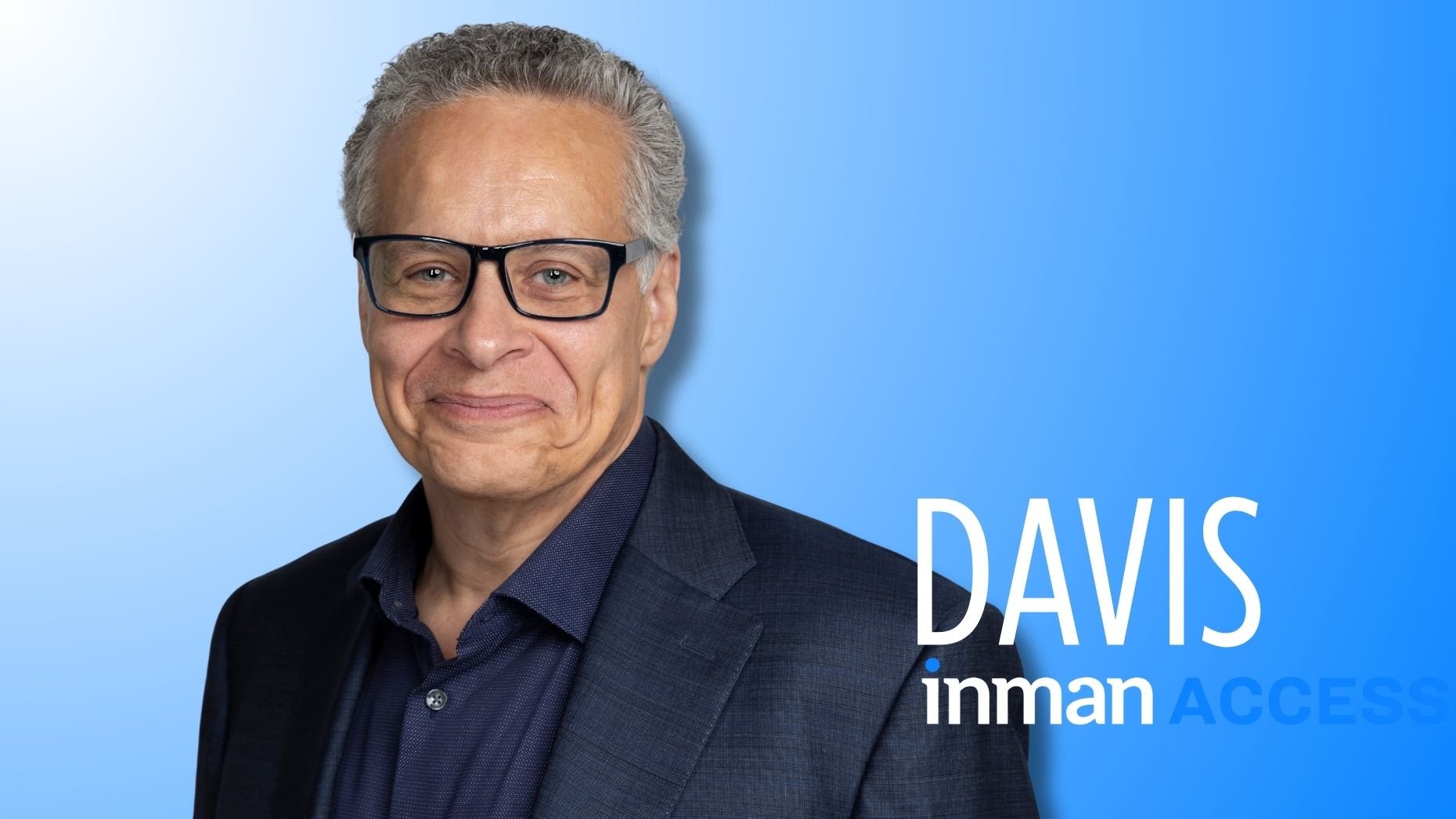



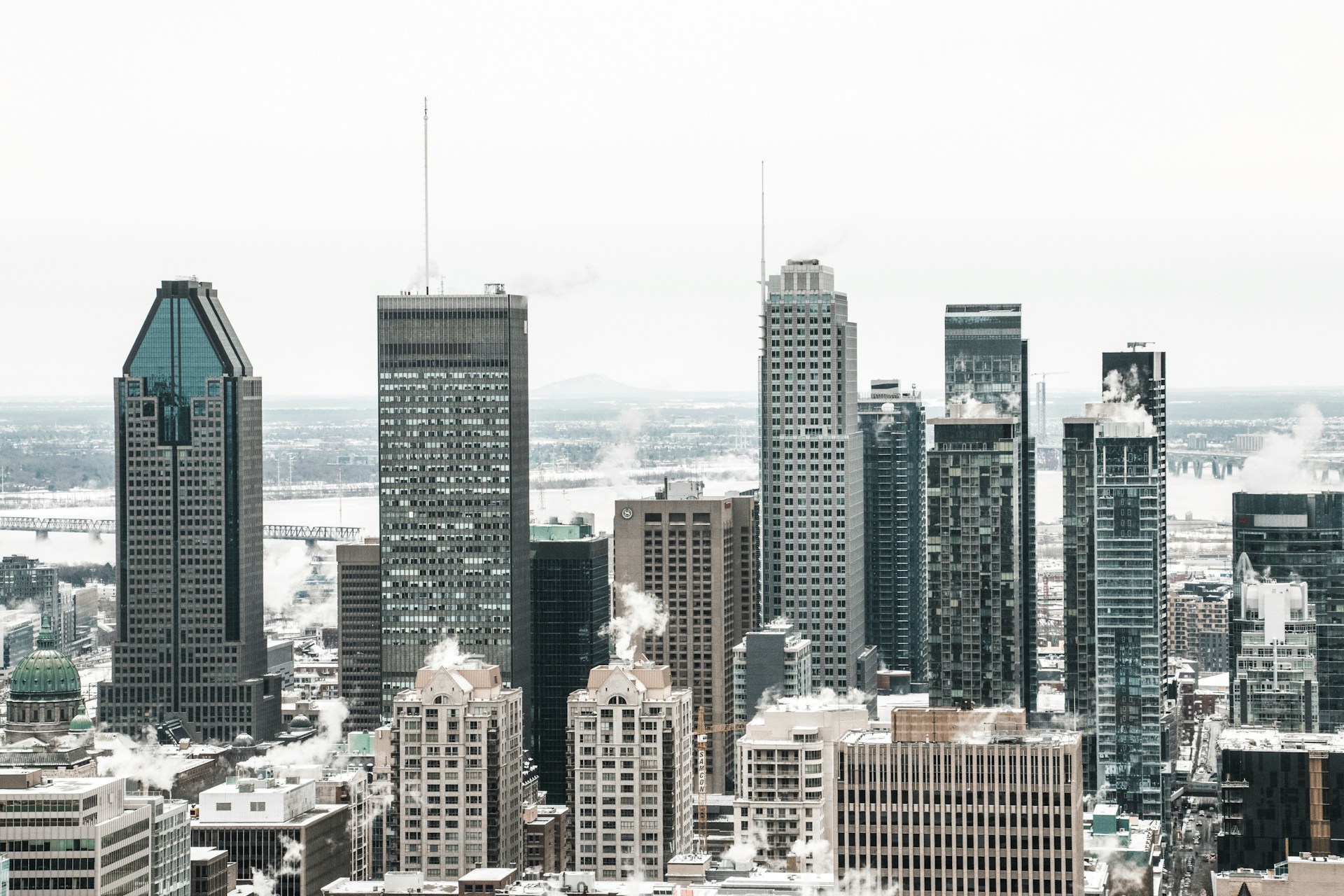

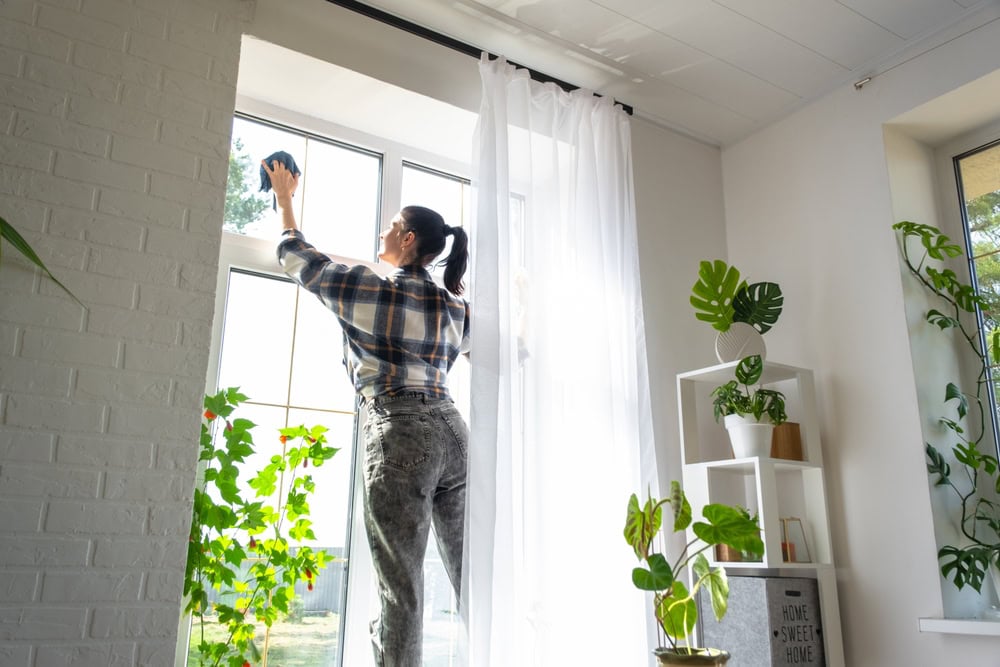

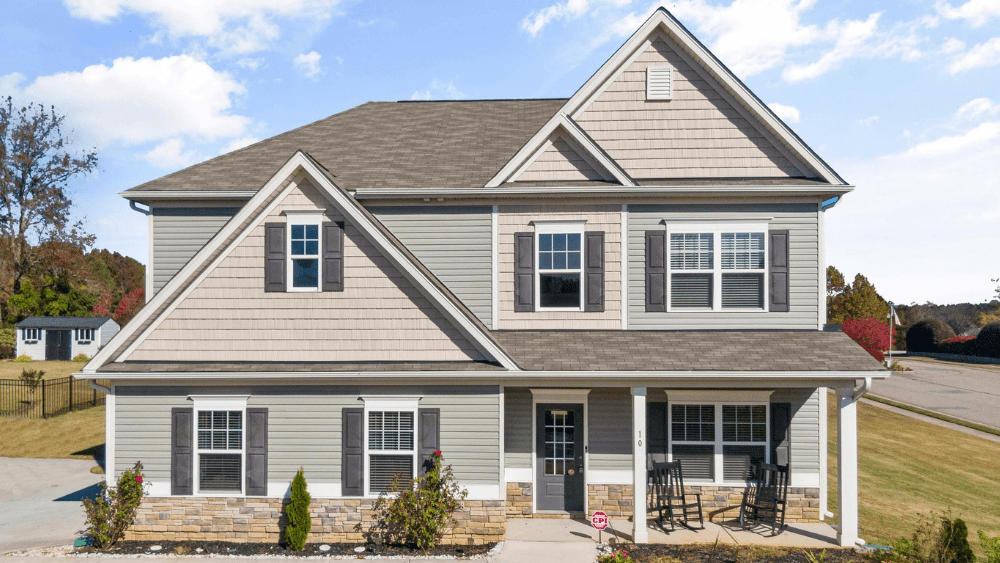
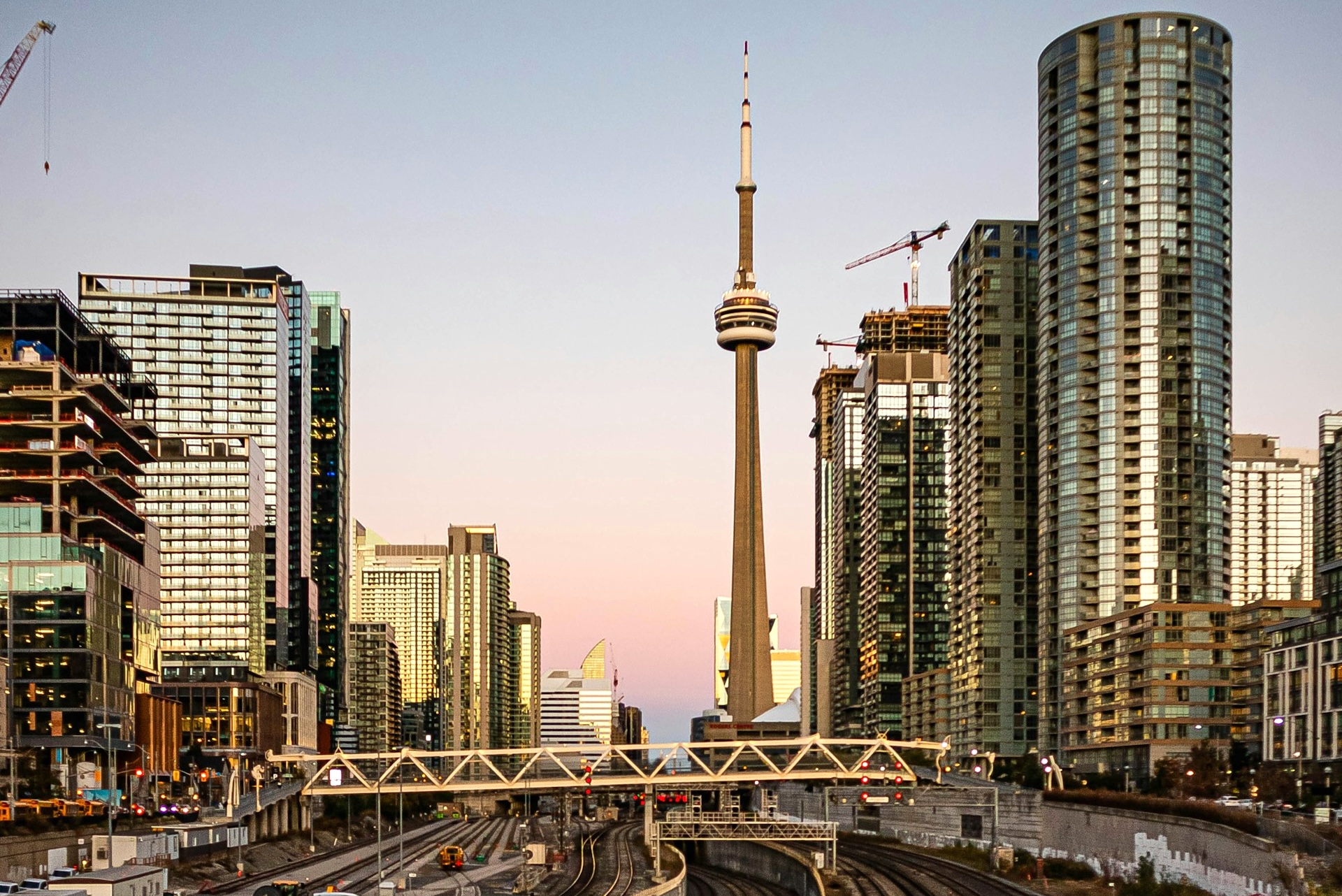



 English (US) ·
English (US) ·